GaStat: The Saudi unemployment rate is 12.8% in the 2nd Quarter (2017)
02-10-2017
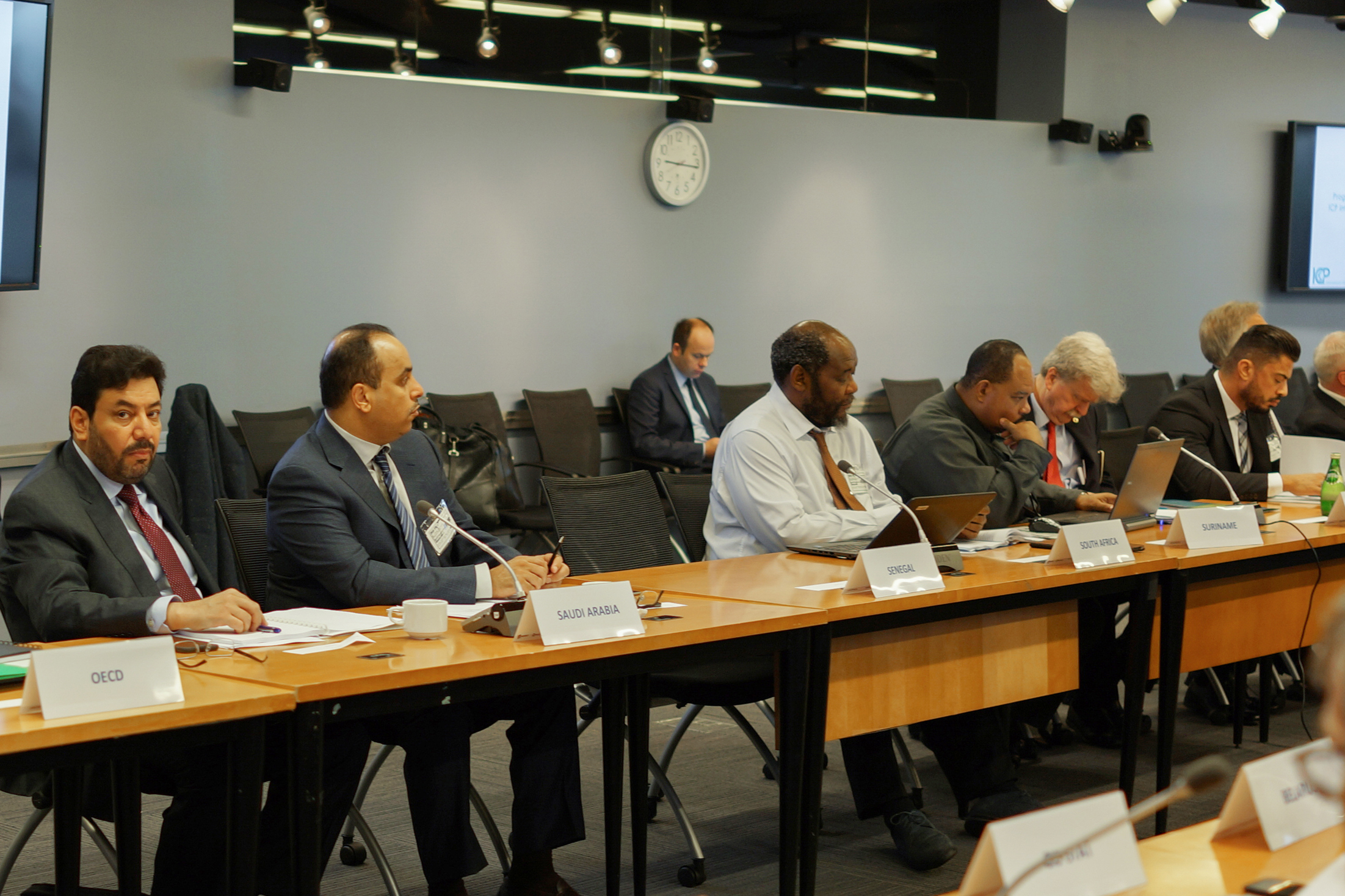
Dr. Altekhaifi: KSA's distinctive work at statistics leads to council membership and participation in recurring meetings
19-09-2017

Saudi Arabia has been honored to serve nearly 24 million pilgrims in 10 years
12-09-2017

Gastat starts to visit more than 57,000 households next Thursday
12-09-2017
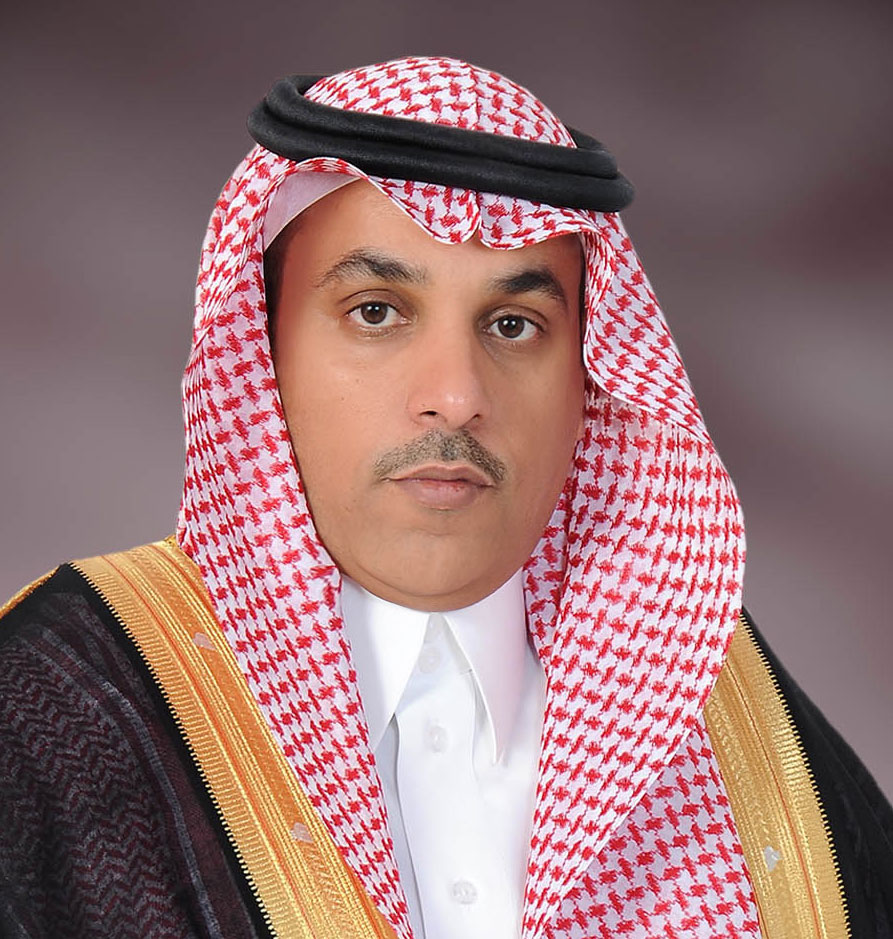
Cabinet Okays Statistical Cooperation with Netherlands and Korea
12-09-2017
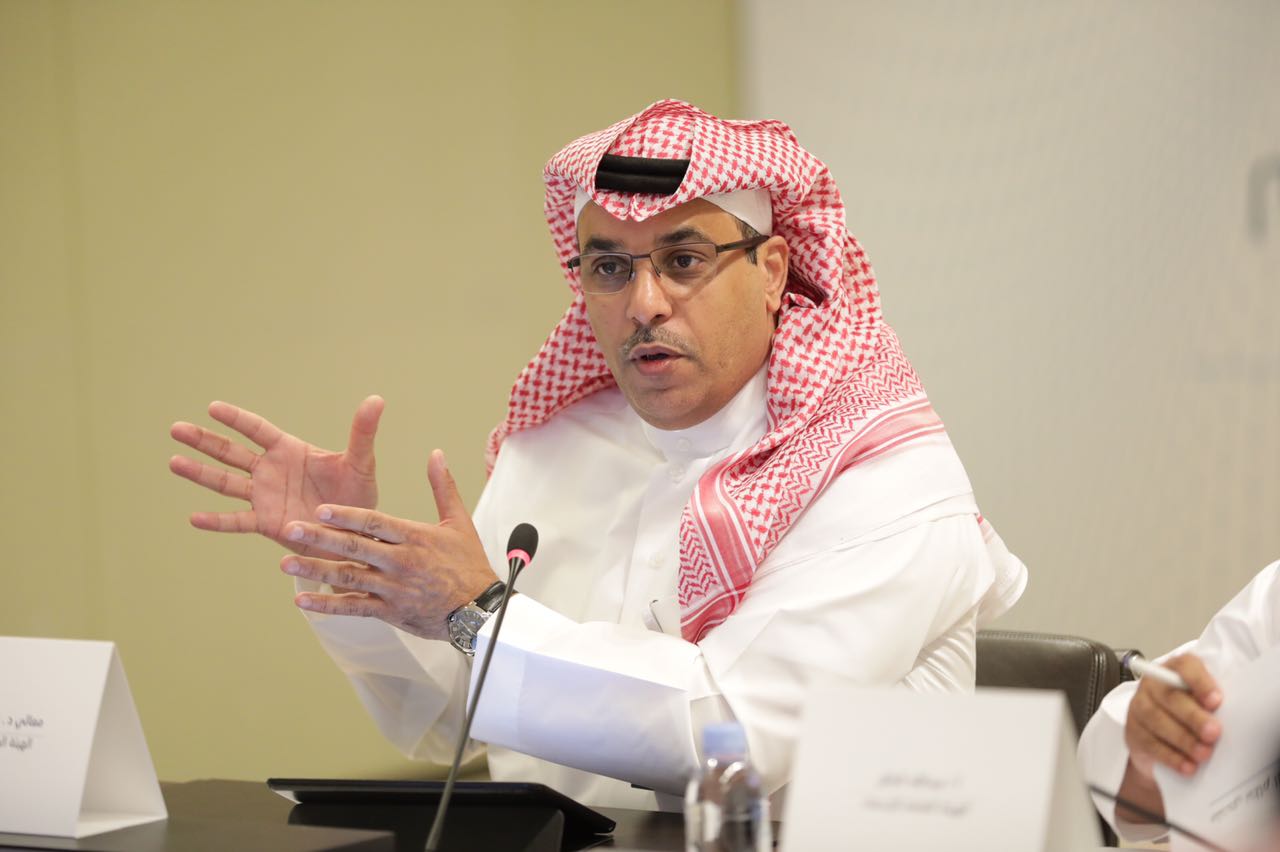
GaStat Discusses the General Statistics system draft
12-09-2017

GaStat launches real estate index indicator
12-09-2017
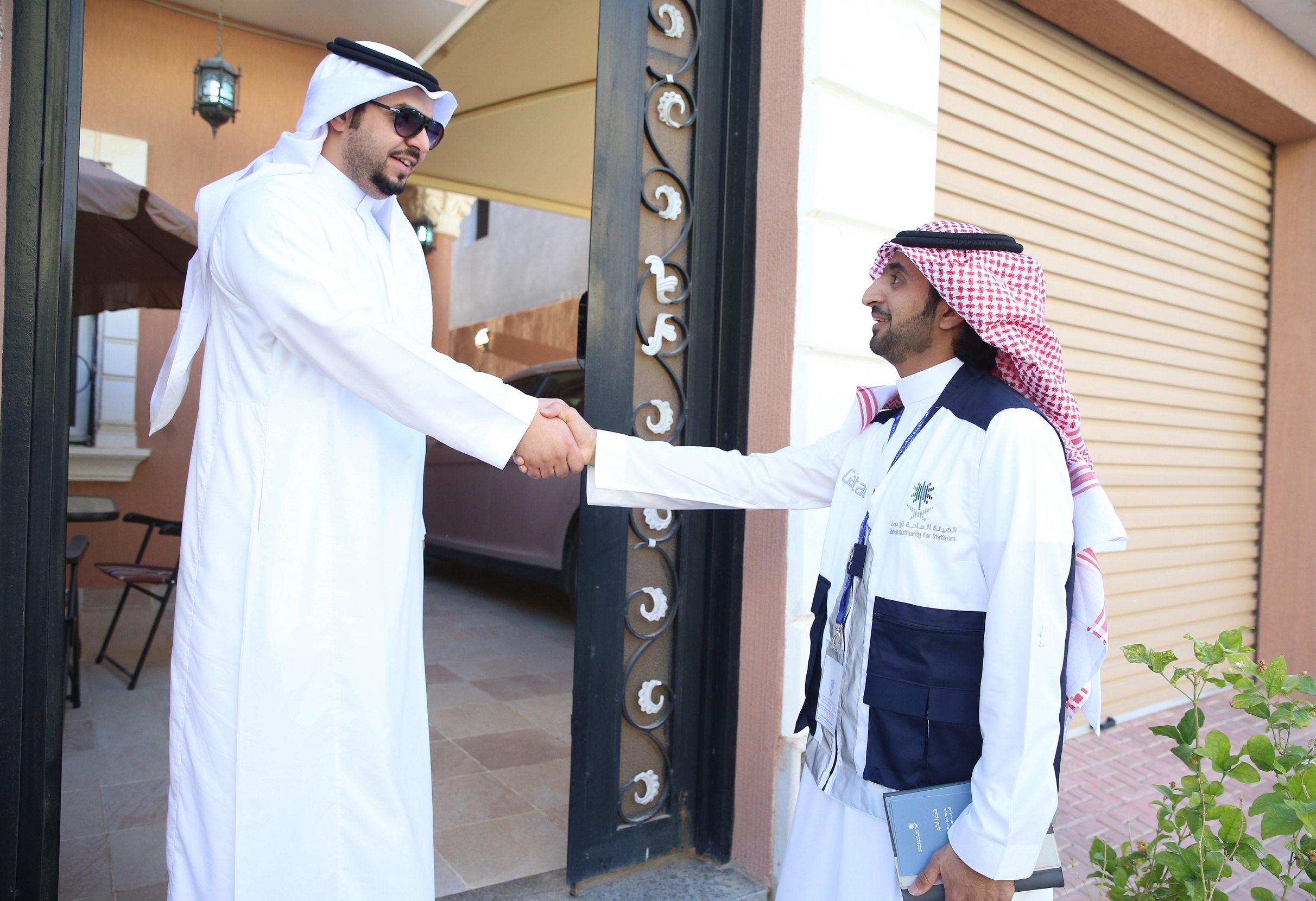
Gastat launches an annual household survey until 2020
12-09-2017

Saudi Arabia is “the second country on the Arab world level and the thirty eighth internationally” within the very high-level human development countries
12-09-2017
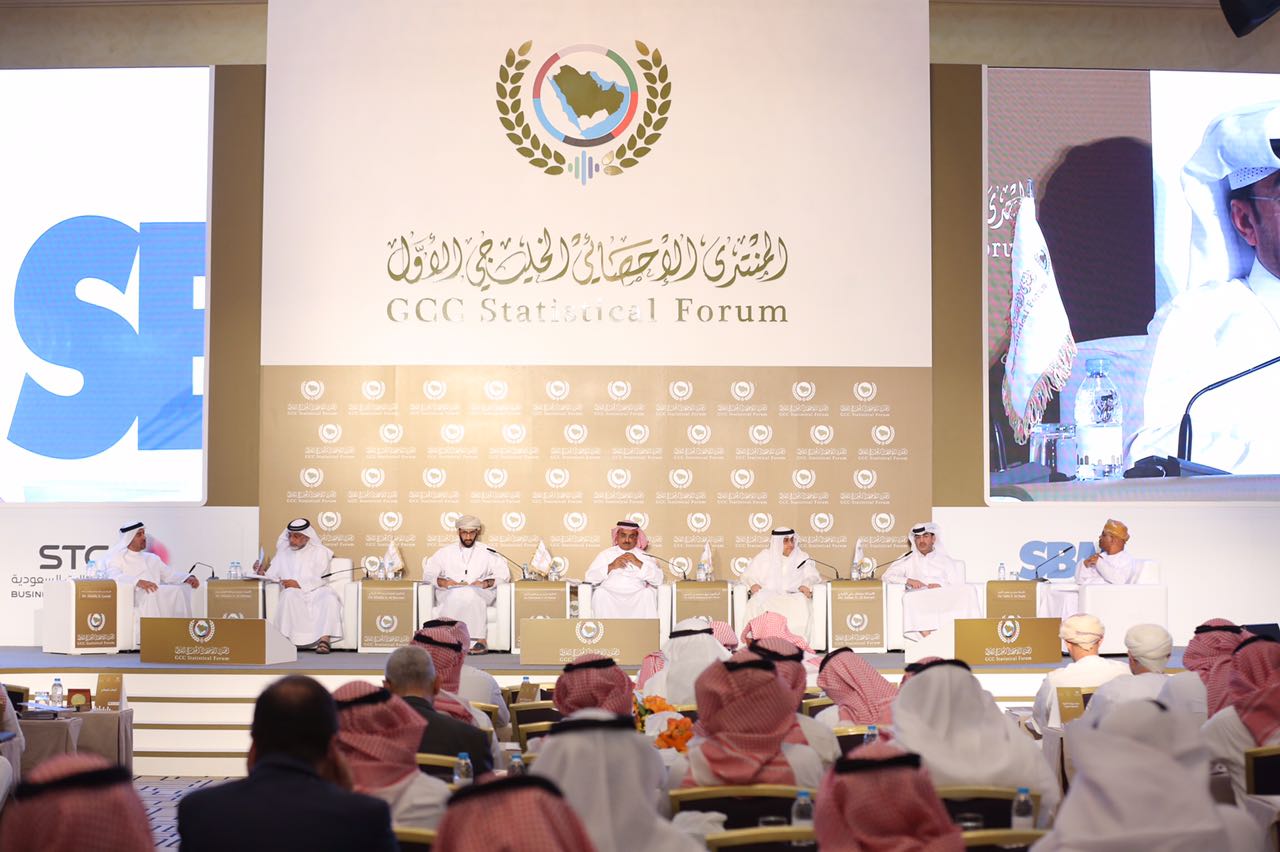
Riyadh Announces 14 Recommendations at the Conclusion of the First GCC Statistical Forum
12-09-2017
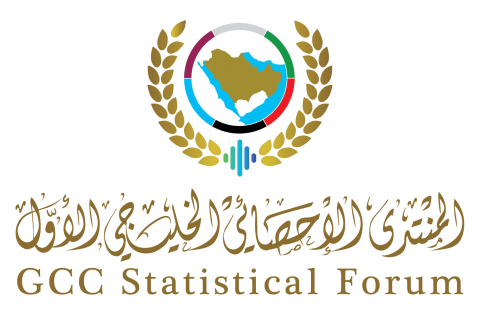
27 Scientific and Awareness-raising Booths in the Exhibition accompanying the First GCC Statistical Forum
12-09-2017

STC Business technical sponsor for the Gulf Statistical Forum
12-09-2017
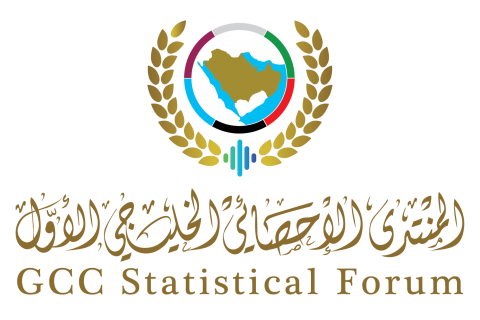
8 days until the beginning of the 1st GCC statistical forum events
12-09-2017

For the first time… the launching of the GCC Statistical Forum in Riyadh.. the end of this month
12-09-2017
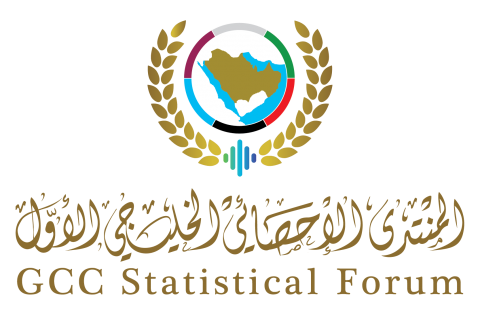
40 speakers from the gulf and other regions discuss enhancing statistical collaborations to support economic policies and development, next March
12-09-2017
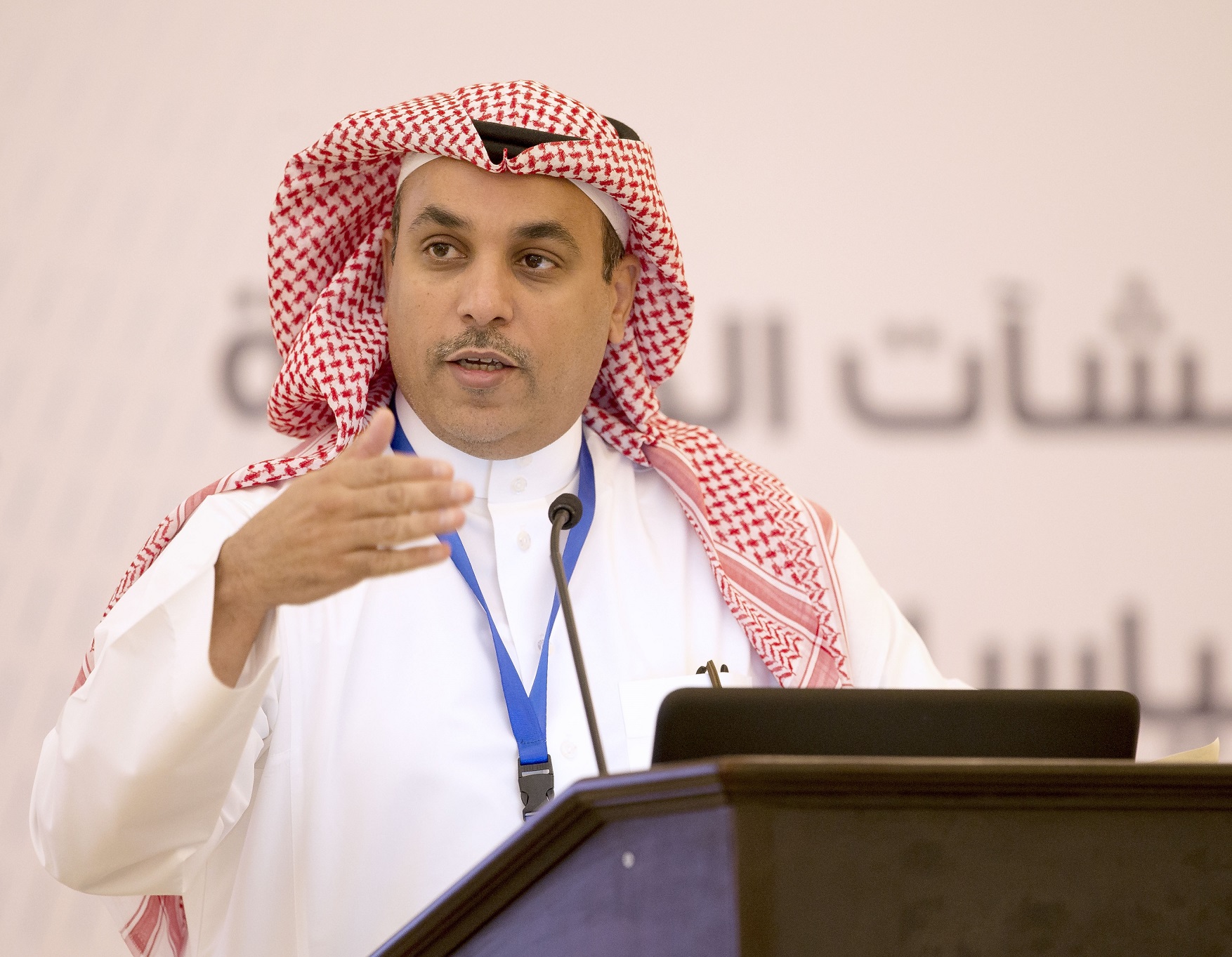
Collaboration between GsStat and the private sector to develop statistical work
12-09-2017
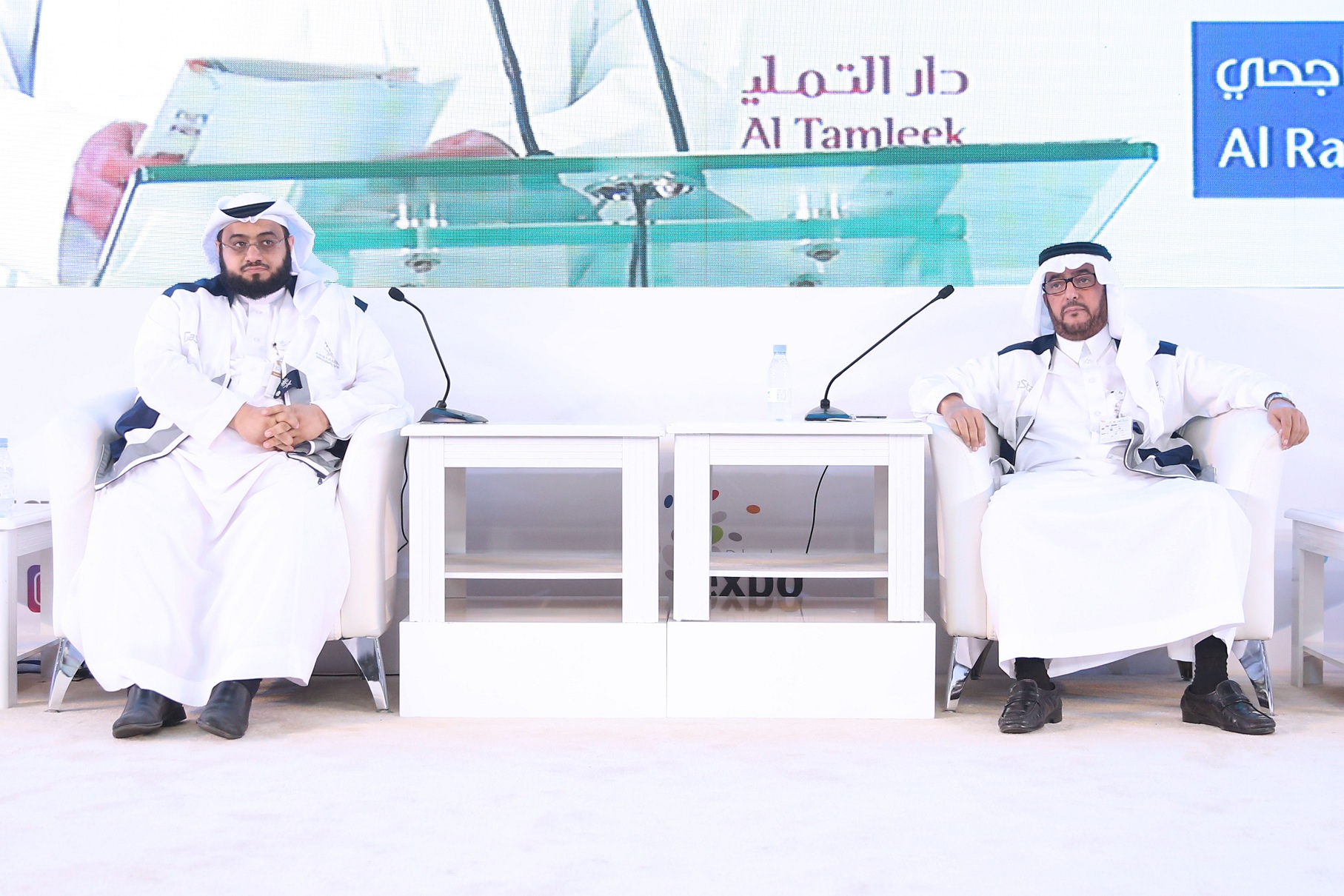
GaStat launches real estate index indicator
12-09-2017
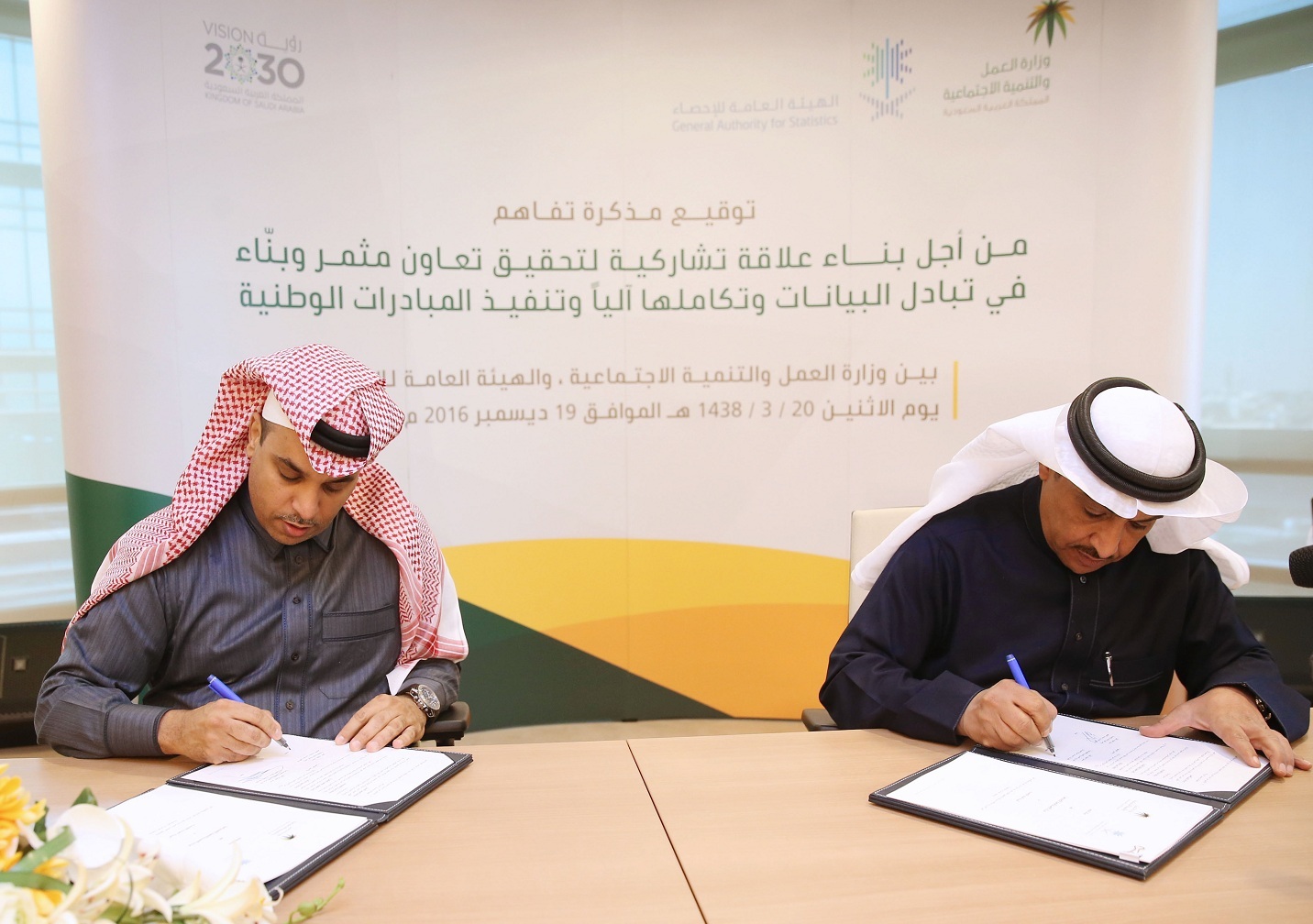
GaStat: We work on developing data of labour market to support decision makers
12-09-2017
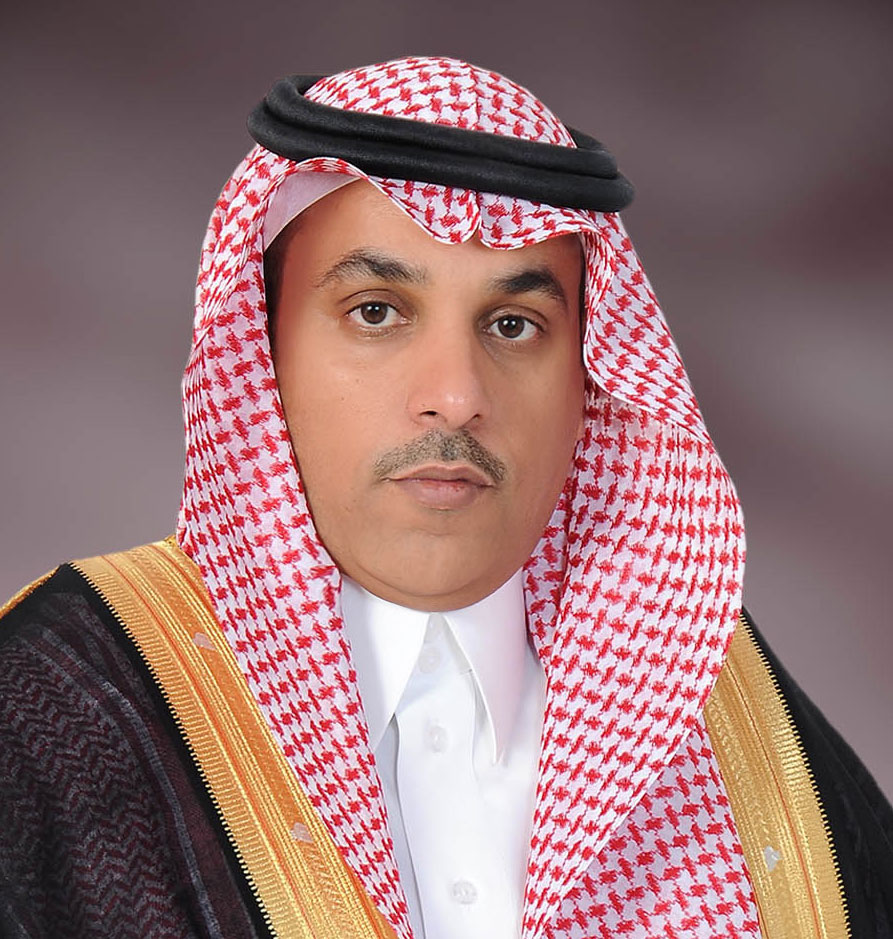
Dr.Altekhaifi: the "Kingdom" has taken effective steps to implement the plan of the 2030 sustainable development goals approved by the United Nations in line with the national development plans
12-09-2017
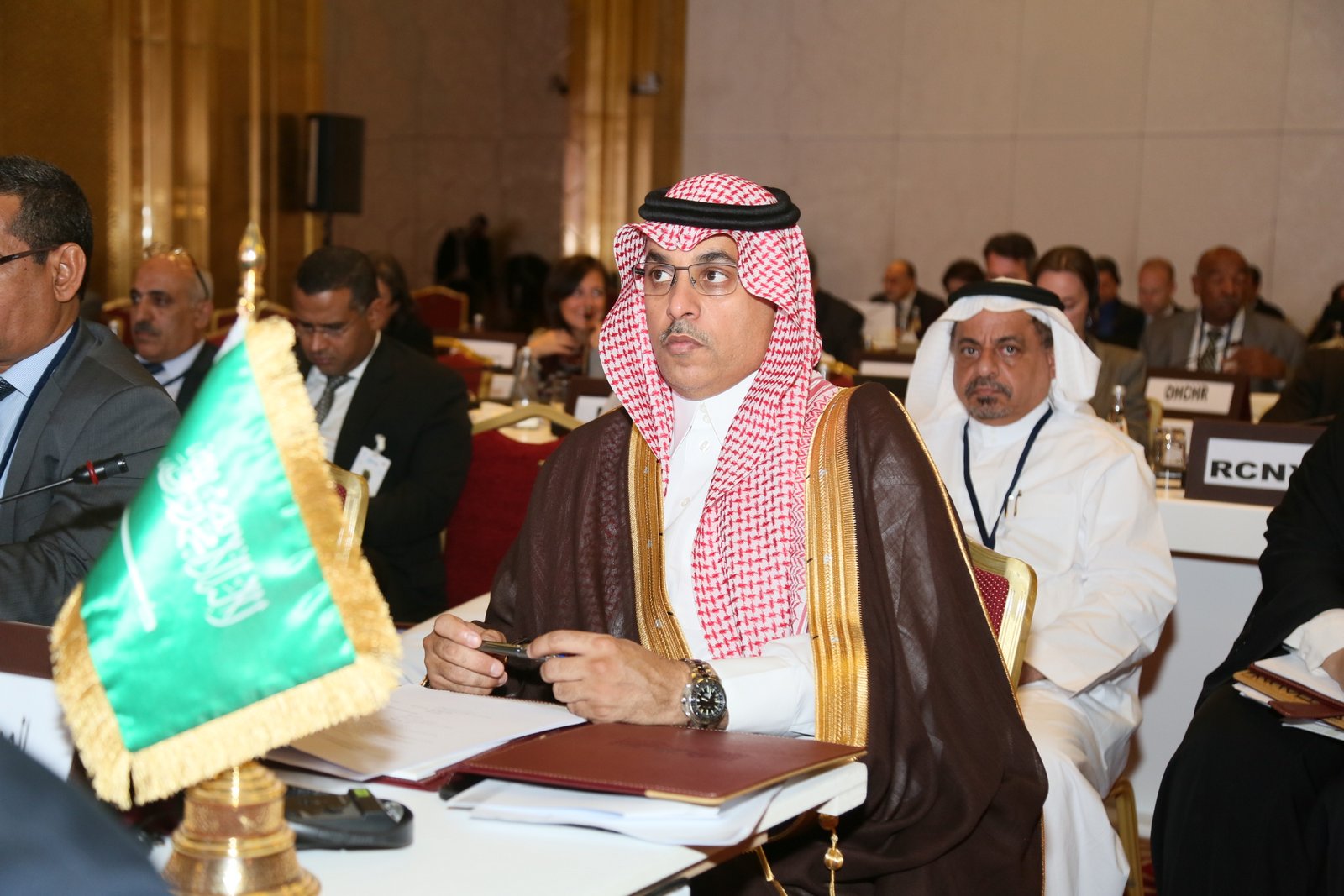
Dr. Altekhaifi: the transition towards a knowledge-based society promotes sustainable development in the Kingdom
12-09-2017
GaStat: The Saudi unemployment rate is 12.8% in the 2nd Quarter (2017)
02-10-2017

Dr. Altekhaifi: KSA's distinctive work at statistics leads to council membership and participation in recurring meetings
19-09-2017

Saudi Arabia has been honored to serve nearly 24 million pilgrims in 10 years
12-09-2017

Gastat starts to visit more than 57,000 households next Thursday
12-09-2017

Cabinet Okays Statistical Cooperation with Netherlands and Korea
12-09-2017

GaStat Discusses the General Statistics system draft
12-09-2017

GaStat launches real estate index indicator
12-09-2017

Gastat launches an annual household survey until 2020
12-09-2017

Saudi Arabia is “the second country on the Arab world level and the thirty eighth internationally” within the very high-level human development countries
12-09-2017

Riyadh Announces 14 Recommendations at the Conclusion of the First GCC Statistical Forum
12-09-2017

27 Scientific and Awareness-raising Booths in the Exhibition accompanying the First GCC Statistical Forum
12-09-2017

STC Business technical sponsor for the Gulf Statistical Forum
12-09-2017

8 days until the beginning of the 1st GCC statistical forum events
12-09-2017

For the first time… the launching of the GCC Statistical Forum in Riyadh.. the end of this month
12-09-2017

40 speakers from the gulf and other regions discuss enhancing statistical collaborations to support economic policies and development, next March
12-09-2017

Collaboration between GsStat and the private sector to develop statistical work
12-09-2017

GaStat launches real estate index indicator
12-09-2017

GaStat: We work on developing data of labour market to support decision makers
12-09-2017

Dr.Altekhaifi: the "Kingdom" has taken effective steps to implement the plan of the 2030 sustainable development goals approved by the United Nations in line with the national development plans
12-09-2017

Dr. Altekhaifi: the transition towards a knowledge-based society promotes sustainable development in the Kingdom
12-09-2017